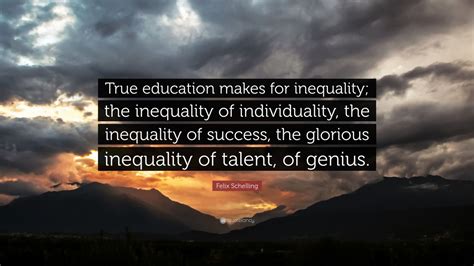A Quote by Thomas Piketty
When inequality gets too extreme, then it becomes useless for growth, and it can even become bad because it tends to lead to high perpetuation of inequality over time and low mobility.
Related Quotes
Democracy tends to ignore, even deny, threats to its existence because it loathes doing what is needed to counter them," explained Revel. "It awakens only when the danger becomes deadly, imminent, and evident. By then, either there is too little time left for it to save itself, or the price of survival has become crushingly high.
In the U.S. when people like me started writing things about inequality, the economic journals had no classification for inequality. I couldn't find where to submit my inequality papers because there was no such topic. There was welfare, there was health issues, there was trade obviously. Finance had hundreds of sub groups.
Most people believe that inequality is rising - and indeed it has been rising for a while in a number of rich countries. And there is lots of talk and realization of this. It's harder to understand that at the same time, you can actually have global inequality going down. Technically speaking, national inequality can increase in every single country and yet global inequality can go down. And why it is going down is because very large, populous, and relatively poor countries like India and China are growing quite fast.
































